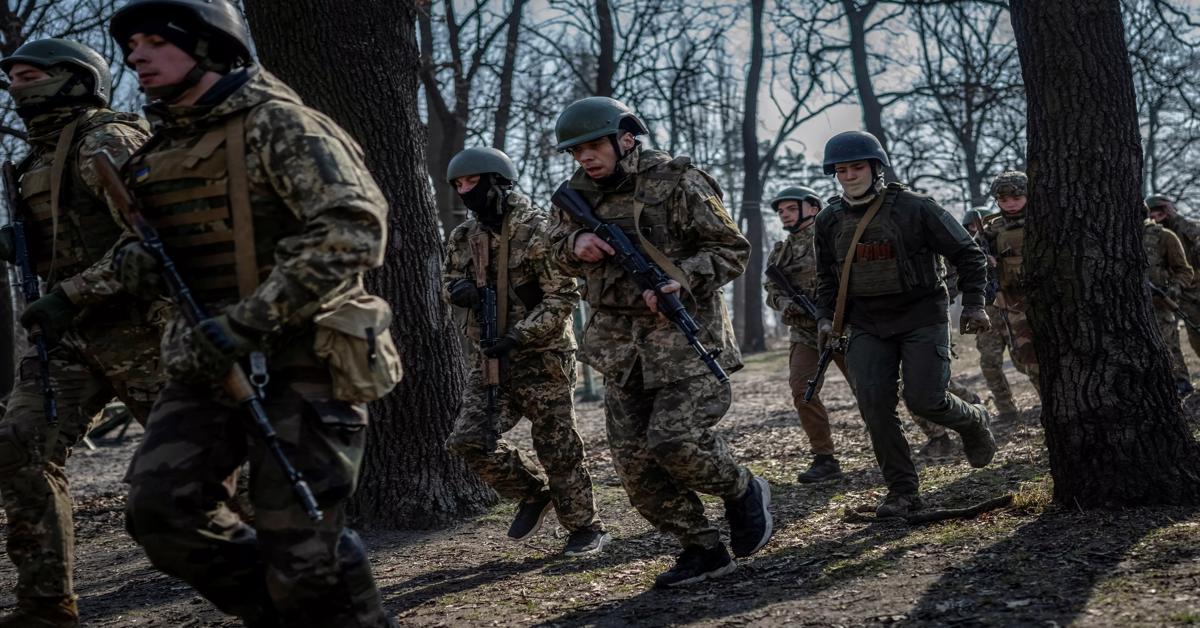
President Volodymyr Zelenskyy's recent approval of legislation, signed into law on May 17, has initiated a significant policy shift in Ukraine regarding enlisting certain categories of prisoners and pre-trial detainees into the country's Armed Forces. This law allows them to volunteer for military service, with the promise of parole upon completion. Minister of Justice Denys Maliuska confirmed in an interview with The New York Times on Friday, May 24, that the law's first week of implementation had approved the release of approximately 350 prisoners. Additionally, more than 4,000 individuals out of an estimated 20,000 eligible inmates have expressed interest and are currently undergoing assessment for potential enlistment. This policy has drawn comparisons to a similar initiative in Russia, initiated by the Wagner Private Military Company (PMC) in the fall of 2022. The Russian program resulted in the release of tens of thousands of prisoners, regardless of their crimes, in exchange for promises of pardons for participating in President Vladimir Putin’s military operations in Ukraine. However, unlike the Russian model, Ukraine's approach imposes strict eligibility criteria. Prisoners with less than three years remaining on their sentences can apply, with mobilized prisoners being granted parole instead of a complete pardon. Those convicted of serious offenses such as premeditated murder, rape, sexual violence or crimes against minors, as well as individuals involved in corruption, crimes against national security or former officials, including MPs and ministers, are not eligible. Furthermore, Ukraine has emphasized that prisoners enlisting in the Armed Forces will undergo comprehensive military training before deployment. This stands in stark contrast to the Russian model, where released criminals often received minimal training before being sent to the front lines, contributing to criticisms of their use as "cannon fodder" in Moscow's military strategies. The New York Times article also highlighted that most of the applicants for military service are young men convicted of non-violent crimes, driven by personal losses in the war and encouraged by their families. The initiative has garnered significant public support in Ukraine, with many viewing volunteering convicts as fulfilling a patriotic duty to defend their country and others seeing it as an opportunity for redemption and rehabilitation.